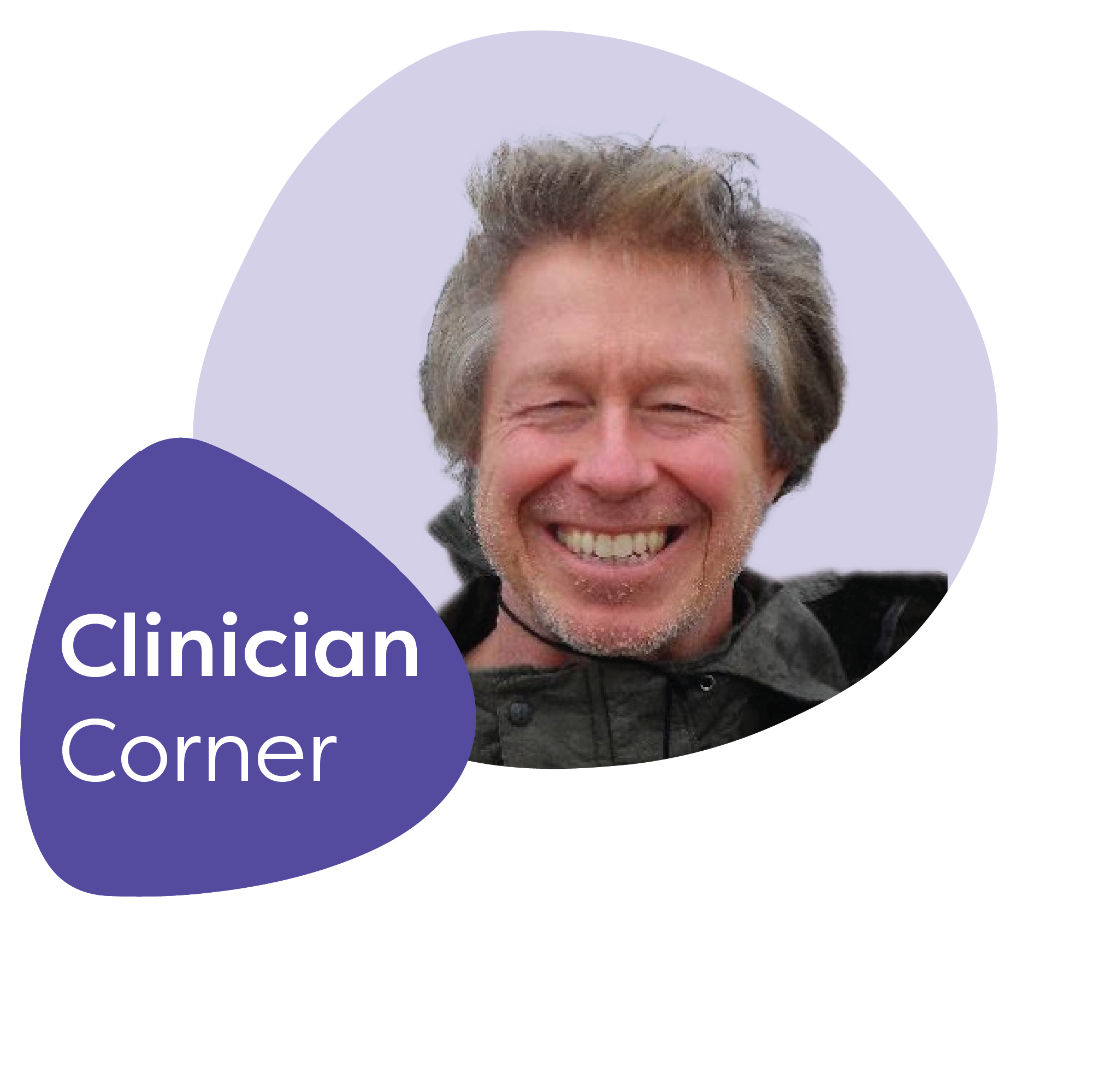Meeting behavioral health patients with timely support, appropriate care, and proper follow-up is essential to their care journeys. Unfortunately, finding the right care isn’t always easy. Between provider shortages, increased demand for mental health treatment, and social determinants of health, patients may spend a lot of time waiting for care without ever receiving the support they need.
Thankfully, Bridge Care Services can help. Keep reading to learn more about how bridge care can help connect patients with the right provider in a timely manner, so their care can be as effective as possible.
Table of contents
Bridge care 101
How Bridge Care Services works
The benefits of Bridge Care Services
Where Iris Telehealth fits in
Bridge care 101
A dedicated bridge care program can help support health systems via a virtual bridge clinic that deploys a measurement-based model to fill short-term gaps in behavioral health care across the continuum. It can also help patients with a behavioral health referral get timely, high-quality care and appropriate treatment and follow-up.
Keys to success:
- Augmenting behavioral health access: Any system struggling with its referral volumes needs a mechanism to augment its clinical bandwidth to reduce its backlog – whether that means optimizing existing resources or leveraging a third-party partner like Iris Telehealth.
- Financial sustainability: Health systems have to maintain financial viability for any program to stand the test of time. A bridge care program should be designed accordingly and optimized for reimbursement.
- Care navigation: Clinical recommendations that direct the patient to the right type of care, from the right type of provider.
Additionally, by leveraging telehealth for a bridge care program, organizations are better positioned to help their entire population, including those who live in hard-to-reach areas or those who might be dealing with transportation barriers.
How Bridge Care Services works
There are four components that make up Bridge Care Services and help more people get the care they need.
Here’s how those components work to support health systems:
- Care pods: A care pod is a team-based approach to care that enables collaboration between social workers, therapists, psychiatric mental health nurse practitioners, and
psychiatrists to ensure they can work together towards the best possible care for their patients. This teamwork allows the clinicians to share their expertise when needed and work together when managing a patient’s behavioral health care. - Navigation assessments: A navigation assessment walks a patient through their journey to ensure they get where they need to go. This process looks at the patient’s needs through focused, biopsychosocial, and evidence-based questions. Based on the assessment, the patient is quickly triaged to the appropriate level of care.
- Short-term care: Effective short term care requires dedicated providers who can deliver appropriate care to patients for approximately 90 days following the initial assessment. By working with a telehealth solution that is technology-neutral and can integrate into an organization’s patient outreach process, healthcare organizations can seamlessly ensure patients receive the short term behavioral health care they need.
- Closed loop hand-off: Effective bridge care ensures the facilitation of a seamless patient handoff from short-term care back to their PCP or community behavioral health provider for appropriate ongoing treatment. This facilitation helps set up both the patient and the health system for appropriate long-term success and helps prevent patients from falling through future behavioral health gaps.
For a more in-depth look at how Bridge Care Services works, download our whitepaper.
The benefits of Bridge Care Services
With the immense need for care, health systems are overwhelmed. Thankfully, Bridge Care Services can help organizations with the influx they’re experiencing, provide additional support, and continue providing the highest quality of care they’re accustomed to delivering to their patients.
When implemented properly in a health system, Bridge Care Services can help:
- Support organizational quality measures
- Increase patient satisfaction
- Decrease provider burnout
- Retain patients within the health system
- Keep patients in the referral queue out of the ED
- Support attainment of HEDIS measures
- Reduce 30-day readmission rates
- Promote referring provider satisfaction
Bridge Care Services helps provide a transformative process for health systems, their teams, and the patients they serve.
Where Iris Telehealth fits in
At Iris Telehealth, we believe patients deserve access to high-quality behavioral health care. That’s why we walk with them throughout their care journeys to help ensure they get the most effective care possible. If you’d like to learn more about our Bridge Care Services program, contact us today or download our whitepaper.



